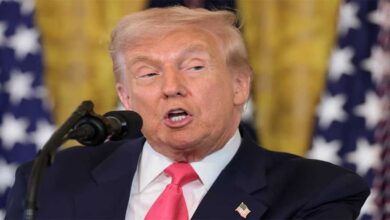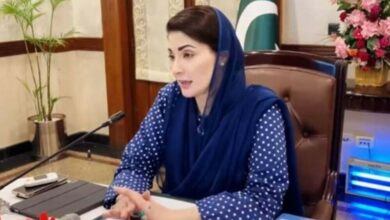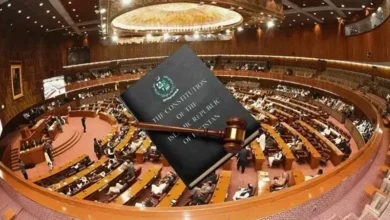BRUSSELS/LONDON: The United States is seeking to weaken a global deal aimed at helping developing countries struggling with the impacts of climate change and other issues, an internal United Nations document seen by Reuters showed.
The Trump administration opposes draft reforms of the world’s financial system intended to help developing countries, including around taxation, credit ratings and fossil fuel subsidies. It also wants mentions of “climate,” “gender equality” and “sustainability” stripped out.
The previously unreported document sheds light on how the Trump administration is seeking to imprint an “America First” agenda, including opposition to efforts to slow climate change and promote diversity, on the institutions at the heart of fixing global systemic crises.
The once-a-decade, 4th International Conference on Financing for Development (FFD4) in Seville, Spain, in June aims to influence the strategic direction of the world’s development finance institutions. Countries agreed at FFD3, for example, to broaden tax cooperation efforts so that developing countries could help set the rules and as of last May more than 140 countries were involved.
“This conference is about bringing the world’s leaders together and setting the underlying rules and priorities for financing development goals over the next decade,” Tom Mitchell, executive director of the International Institute for Environment and Development, told Reuters.
Compiled by the permanent representatives to the UN of Mexico, Nepal, Norway, and Zambia, with help from the UN secretariat, the April 11 negotiating draft is annotated with the positions of the 193 nations involved in the discussions.
With ongoing changes at the World Bank and International Monetary Fund in the fight against climate change already facing pushback from US Treasury Secretary Scott Bessent, the document showed it was seeking to water down further reform efforts.
Among specific points in the text that refer to the systemic reform, the document shows the US wants to remove a reference to a “package of reforms” for sustainable development. It wants to replace a line promising to “commit to reform the international financial architecture” with a pledge to “recognize the need to enhance its resilience and effectiveness in responding to present and future challenges and crises.”
Such changes in language signal the degree of shared commitment that can then be used as support for action or inaction in future talks.











